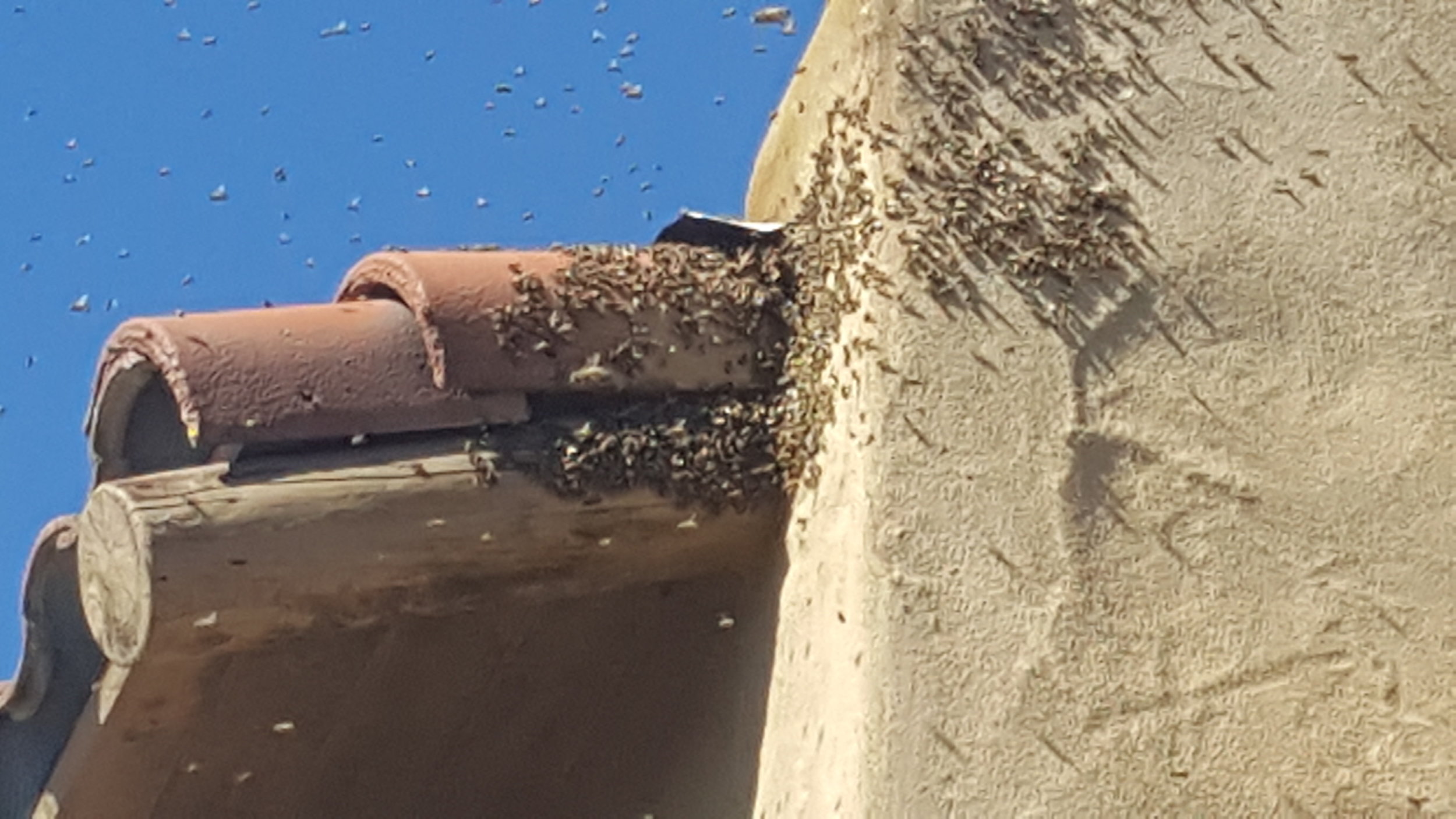Increased Arachnid Activity
Megan Pinneo
If you haven't taken notice already, you may start to see an increase in spider activity in the next couple of weeks as the temperatures begin to cool off making way for Fall. While it is not widely known, male spiders typically seek a mate around late Summer early Fall. This includes tarantula spiders, which according to Mount Diablo State Park rangers, they have already begun seeing tarantulas popping up early due to the cooler temperatures. Be advised that mating season usually lasts through the end of October.
It's good to keep in mind that while tarantulas are intimidating to look at (for all you arachnophobes!) they are quite docile and non-aggressive unless provoked (which we DO NOT recommend!) Most female tarantulas remain in their burrow, so if you run into a tarantula while out hiking or if you live on acreage, chances are it's a male. Fun fact: Male tarantulas have been known to search for up to four miles to find a mate! Kind of romantic!
On a separate note, general household spiders will also be seeking mates around this time frame. As always, we recommend staying consistent with your pest control services and doing your best to eliminate the arachnids main food source which are of course other bugs, but most importantly FLIES. If you find yourself having a particularly intense fly infestation, whether outside or inside your home, we recommend picking up a fly catcher or trap at either Home Depot or Lowes to help out. These usually cost anywhere from $5.00 to $7.00 depending on the brand or type you buy. Making sure your trash bids are secure and covered is also a good idea, since this is a popular place for spiders to set up camp. (Coincidence? We think not.)
We hope this helps answer some of your questions about the increase in spider activity as of lately. If ever you have a concern or need your pest control technician to come back out to do a respray for you, don't hesitate to give us a call!




